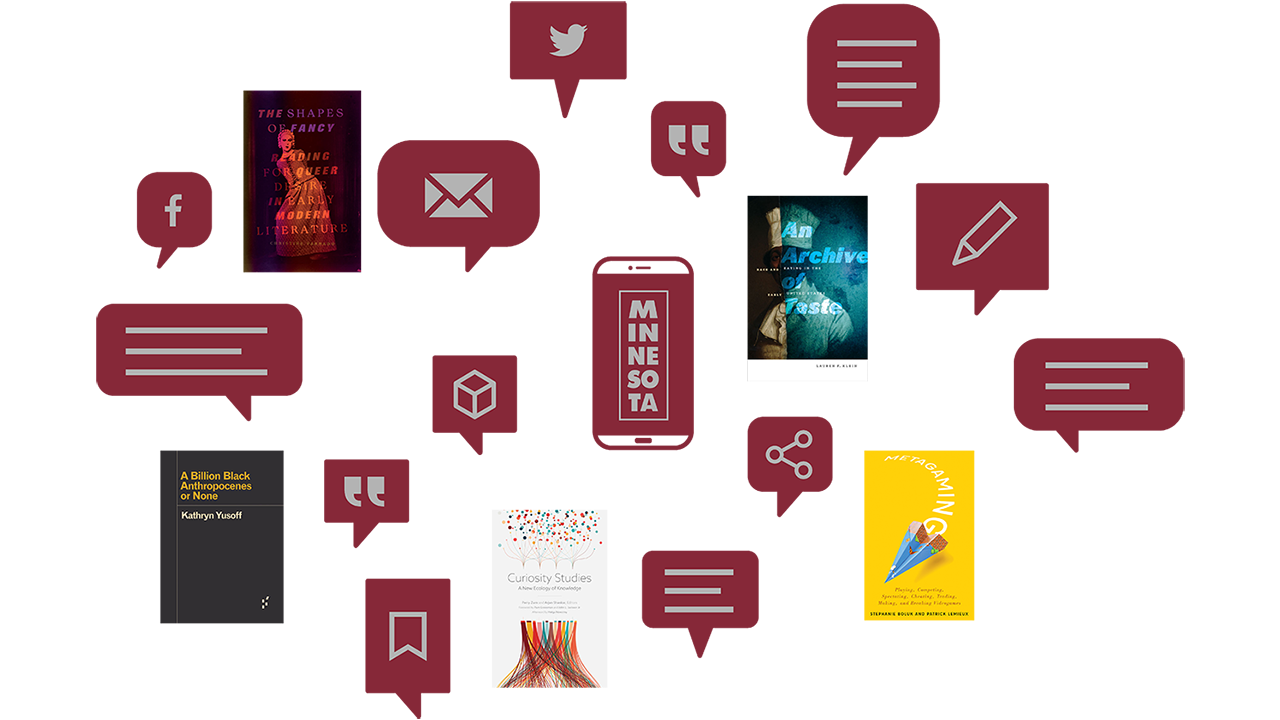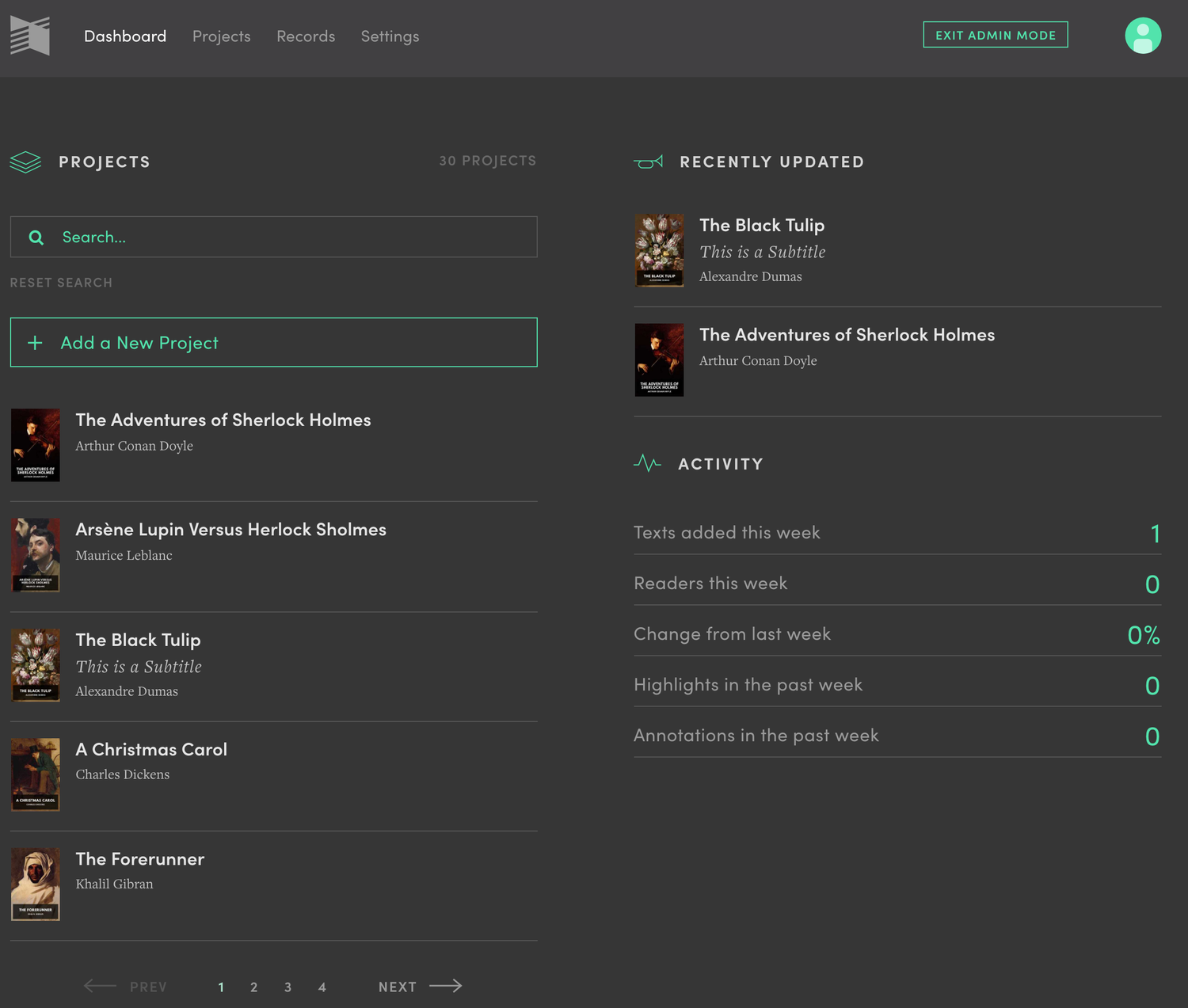
University of Minnesota experts and their collaborators are working to expand an innovative, open-source publishing platform.
Manifold Scholarship—a digital platform that enables publishers to create media-rich, interactive digital publications—is designed to open up new possibilities in scholarship and extend its educational benefits to all communities. Publishers and other groups wanting to create open-access projects on the web can use Manifold to quickly and easily turn existing EPUB, HTML, Markdown, Microsoft Word, and Google Doc files into online publications.
The platform is under development through a collaboration between the GC Digital Scholarship Lab at the CUNY Graduate Center, digital development agency Cast Iron Coding, and the University of Minnesota Press.
“Manifold is an innovative platform that exemplifies the University’s vision of integrated research and teaching,” said Chris Cramer, PhD, UMN vice president for research. “It demonstrates a creative and collaborative spirit that crosses scholarly boundaries and disciplines, and its open-access, open-source orientation allows it to transfer knowledge out of the University to the benefit of the general public, especially underserved communities.”
Work on Manifold began in April 2015, with the platform launching publicly in March 2018. The development team has added many new features and improvements to Manifold in its first few years.

Supporting Learning, Promoting Equity
Now, through the support of two major grants from the Andrew W. Mellon Foundation and the National Endowment for the Humanities, Manifold Scholarship is entering its next phase of development. The platform will add new hosting, training, and support services that broaden its efforts to transform scholarly publishing while maintaining a commitment to open-source development and open-access publications.
Among the new features are teaching-specific functions designed to fill academia’s growing need for cost-effective educational solutions. The platform aims to connect students, especially those from underserved communities, to dynamic, customized course versions of open-access, openly licensed, or public domain texts.
Manifold will also expand its user base with a commitment to promoting equity and justice in the humanities—not only through the educational materials it provides, but through the publishers it empowers. The platform will continue to prioritize and reach out to diverse publishers who represent marginalized academic communities and publish projects in service of social justice. Meanwhile, the platform will ensure its content is accessible to readers and publishers of all abilities.
“We’re committed to enhancing Manifold’s functionality in a way that serves the needs of all readers, including those who are differently abled, and also continuing to expand our community of publishers, teachers, and students to include those who represent traditionally marginalized communities and perspectives,” said Doug Armato, director of the University of Minnesota Press. “We believe a powerful open source publishing tool such as Manifold can do much to break down the barriers to access that still characterize higher education.”
See the news release for more about Manifold Scholarship.